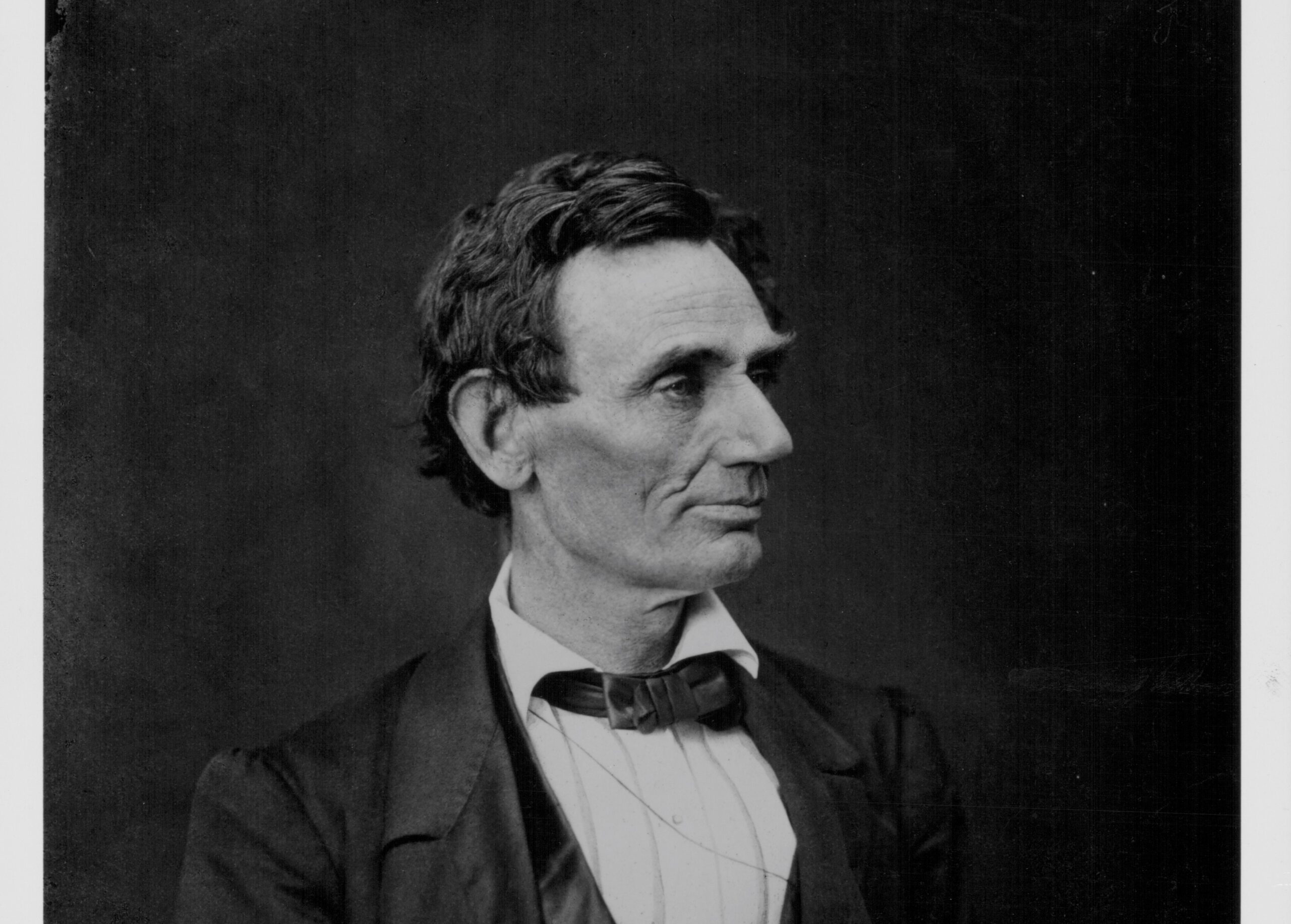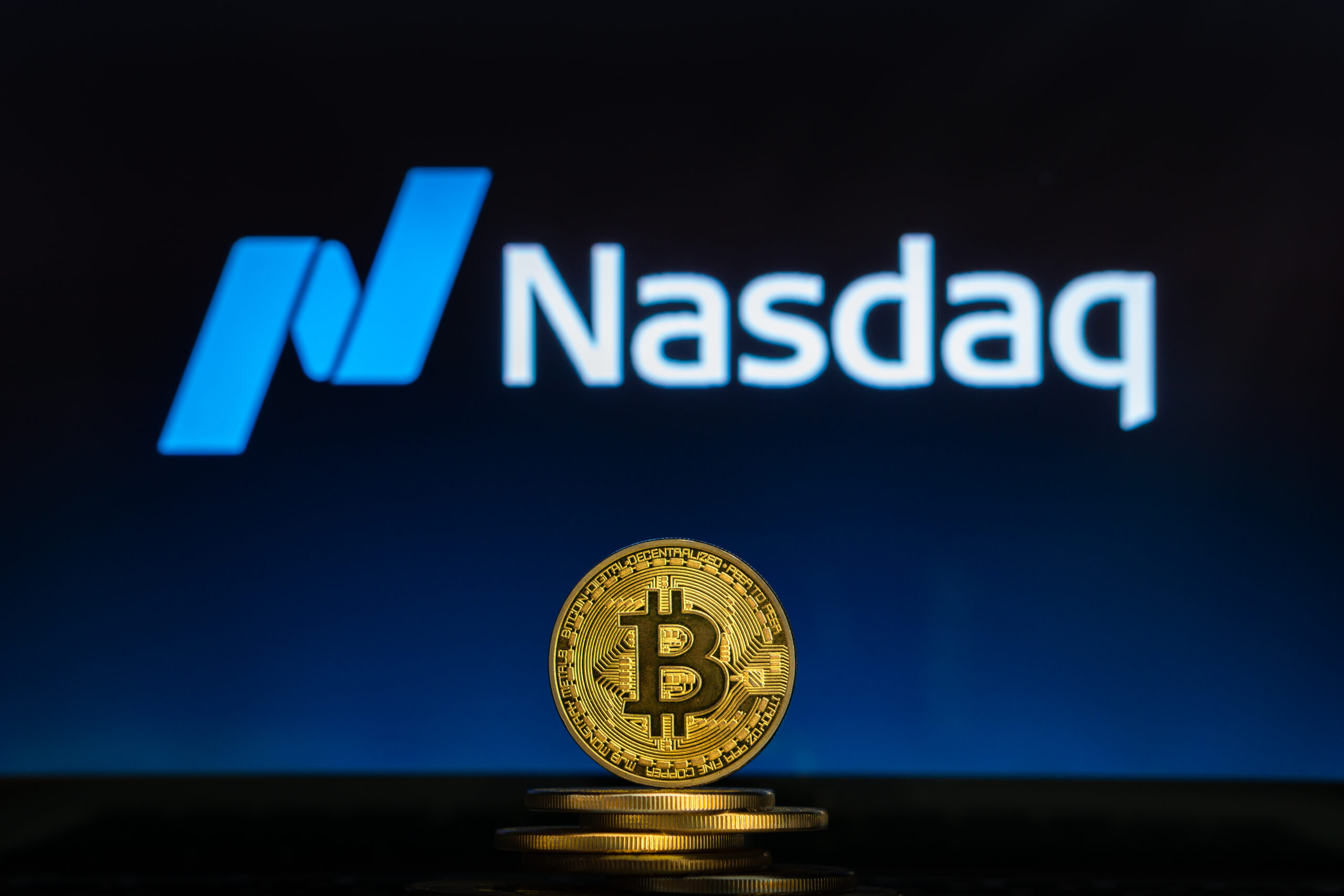Younger generations in the United States and other developed nations increasingly worry about economic trends that threaten to jeopardize their financial futures. The United States struggles with rising national debt, sparking fears that the dollar might lose its dominant status as the world’s reserve currency. This issue is further complicated by policies that favor easy money and significant budget deficits, potentially leading to skewed approaches to political economy like Modern Monetary Theory (MMT).
Issuing central bank digital currencies (CBDCs) can help developed countries including the United States counteract these trends. CBDCs are digital forms of money issued by central banks, unlike decentralized cryptocurrencies such as Bitcoin. They come in public and institutional forms, serving as a digital replacement for physical cash and facilitating smoother interbank transactions.
Major economies around the world continue to rack up large budget deficits each year, primarily to sustain existing entitlement programs. They use fiscal stimulus as a short-term fix for sluggish gross domestic product (GDP) growth without a matching increases in tax revenue.
The Congressional Budget Office (CBO) predicts that if current trends continue, over the next 30 years the average US federal budget deficit will swell to 8.5% of GDP and national debt will balloon to 166% of GDP. Given this trajectory, achieving a budget surplus seems increasingly slim.
To make matters worse, interest rates will climb to support the growing debt burden, limiting the government’s ability to finance its entitlement programs. This scenario hints at a potential slowdown in economic growth and escalating fiscal challenges.
The rising cost of servicing its burgeoning debt will force the government to raise taxes or cut spending, further complicating economic management. Elevated public debt could also divert savings from productive investments, hindering long-term economic growth. If economic growth falls behind debt accumulation, the United States may encounter financial instability, including potential crises or the need for debt restructuring. Hence, managing fiscal policy, inflation, GDP growth, and debt remains a crucial, albeit complex task.
Effective debt management is essential to avoid significant interest rate hikes and ensure economic stability. However, relying on “easy money” policies and excessive debt could lead to political and economic strategies influenced by MMT, which promotes government spending funded by money creation to achieve full employment and focuses less on deficits unless they spur inflation. Such a shift could deeply impact economic stability and the United States’ international financial stance.
The Dangers of MMT
If MMT becomes more influential in economic policy, it will radically alter how fiscal strategies are framed. According to MMT, taxation’s primary role is to manage inflation and allocate resources more effectively. This theory also promotes a shift in the Federal Reserve’s priority from conventional monetary policies toward more direct fiscal involvement. MMT in effect empowers substantial government spending on social and environmental programs, because it asserts that monetary creation can support such spending without negative consequences until inflation becomes a pressing issue.
Thankfully, MMT has not garnered widespread acceptance among leading economists in the developed world. Even so, the political environment often favors short-term, straightforward solutions suggested by policymakers rather than more nuanced and logical alternatives. This tendency poses a significant risk to developed nations’ long-term global economic leadership.
The Dollar’s Pivotal Role in World Finance
The structural economic challenges in the United States date back to the inflationary pressures of the 1970s. These issues were managed by the neoliberal policies of the 1980s, which, despite their flaws, leveraged the US dollar’s pivotal role in world finance. This role was cemented by globalization and financial market advancements in the 1990s. However, the era of economic growth came to a screeching halt with the 2008 global financial crisis. Interestingly, this crisis reinforced the dollar’s reputation as a safe-haven asset, channeling global capital into US Treasury bonds amidst widespread economic turbulence.
Today, the US dollar remains dominant in global reserves, bolstered by significant foreign investments in Treasuries. Countries like Japan and China hold substantial assets to manage their currencies and support trade surpluses. While the dollar accounts for more than 60% of global forex reserves, the rising national debt threatens its stability, emphasizing the need for careful management.
The interest costs on federal debt have overtaken US military spending, potentially leading to reductions that could weaken the military’s ability to secure trade routes and ensure geopolitical stability — key factors that have traditionally enhanced the United States’ investment allure and economic confidence. Maintaining this stability is vital for the dollar’s continued role in international trade and as the primary reserve currency. This, in turn, allows the United States to influence global economic policies, impose economic sanctions, and shape economic trends globally.
The dollar’s dominance makes international borrowing easier and cheaper, creating a strong demand for dollar-denominated assets and helping to keep interest rates low. However, if the dollar’s dominance begins to fade, the United States might struggle to afford its deficits, leading to a diminished global economic influence. Nearly 90% of international transactions are conducted in US dollars or euros.
Any major shift toward “de-dollarization” would be painful not just for the United States but for the world, potentially reducing the financial quality of life for the average individual. To counteract this trend, two primary actions are required: First, the United States must adopt stricter fiscal discipline, stabilize entitlement programs, and increase tax revenues. Second, there must be a focus on modernizing and digitalizing the US Dollar. If the dollar’s dominance wanes, the United States’ ability to manage its deficits and maintain its economic power will take a serious hit. The notion that decentralized cryptocurrencies could dominate global financial flows remains unfeasible.
The idea that Bitcoin or other cryptocurrencies could replace traditional fiat currencies is a topic of debate. The reason? It would have major implications for credit markets. If cryptocurrencies take over, banks might lose their position as intermediaries, potentially reducing their influence over credit creation. The high volatility of cryptocurrencies like Bitcoin could increase credit risk, making risk management tougher and discourage market participation.
Moreover, without central bank tools to adjust interest rates and control inflation, managing economic cycles and credit costs would become more difficult. This shift would require substantial digital infrastructure improvements, particularly cybersecurity, to ensure secure and reliable transactions. In less-stable economies, people often prefer established reserve currencies like the US dollar or euro over volatile crypto assets. The loss of traditional monetary policy tools, such as interest rate adjustments, poses a serious risk if cryptocurrencies become widely adopted. These tools cannot be applied to decentralized currencies, which could lead to domestic price instability, especially for imports, whose prices might swing wildly based on cryptocurrency market fluctuations.
In addition, cryptocurrencies’ speculative nature can lead to economic bubbles and crashes, potentially worsening financial crises rather than alleviating them. Due to their limited adoption in real-world scenarios, they are ill-equipped to provide broad credit or liquidity during times of crisis. Moreover, their underdeveloped infrastructure restricts their ability to meet the needs of a global financial system under pressure.

Enter CBDCs
The United States and other advanced economies need sophisticated solutions and a robust central banking system to tackle the looming financial challenges. Consequently, the traditional fiat currencies are set to evolve into CBDCs through digital technology.
The Fed is exploring the potential for a CBDC, although a bill that would ban them from launching one has been sent to the Senate Committee on Banking, Housing, and Urban Affairs, for consideration. A CBDC would enhance tax collection and bring about transparency that allows for fairer tax adjustments. These would contribute to stabilizing the national debt.
CBDCs can cut transaction costs and time, bring financial services to the unbanked, and appeal to younger generations who prefer digital transactions. They retain the central bank’s control over the money supply while boosting transparency, potentially leading to greater public scrutiny and accountability. Moreover, CBDCs allow for more precise control of money flow, significantly improving the effectiveness of monetary policies.
The economic future of the United States and the global economy relies heavily on the US dollar retaining its role as the leading global reserve currency. Developing a US CBDC is a critical step in this direction. A US CBDC would widen global access to the dollar, particularly in regions with underdeveloped or unstable financial systems, thus reinforcing its status as a reserve currency. It could also spur the creation of innovative financial products and services, increasing the competitive edge of US financial markets.
The strategic benefits of a CBDC significantly outweigh the challenges, making it crucial for maintaining US economic leadership.
A US CBDC would streamline transactions, enhance tax collection, and boost fiscal transparency, fostering sustainable economic growth. It could also counter the threats posed by decentralized cryptocurrencies.
Balancing strategic fiscal discipline with digital currency advancements is key to sustaining US economic leadership and maintaining global financial stability. As financial systems evolve, preserving the US dollar’s dominance will require skillful policy management and the integration of cutting-edge technologies.



























